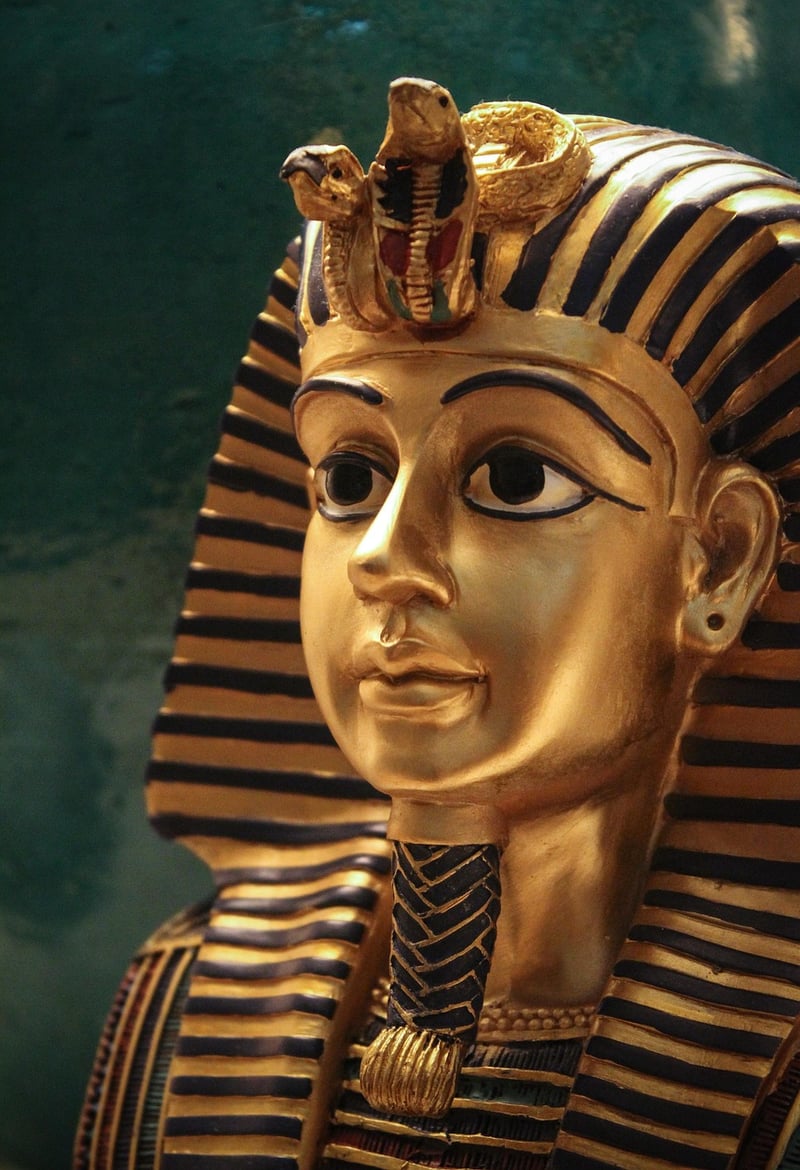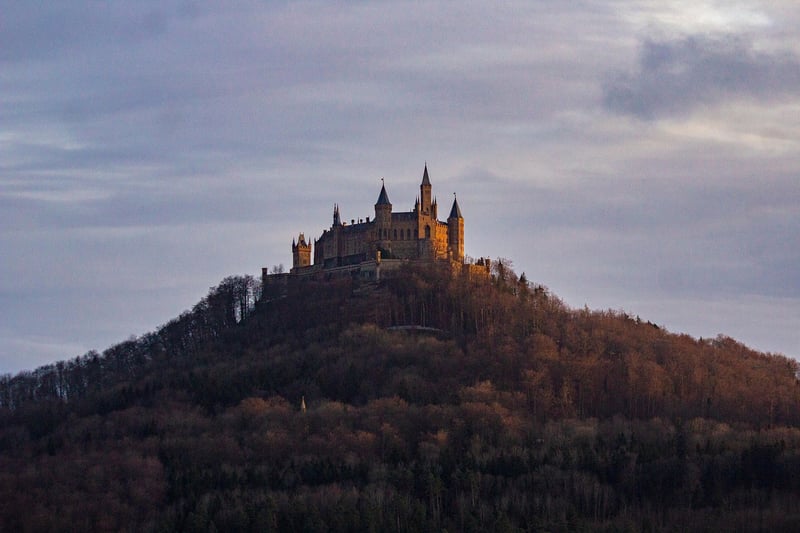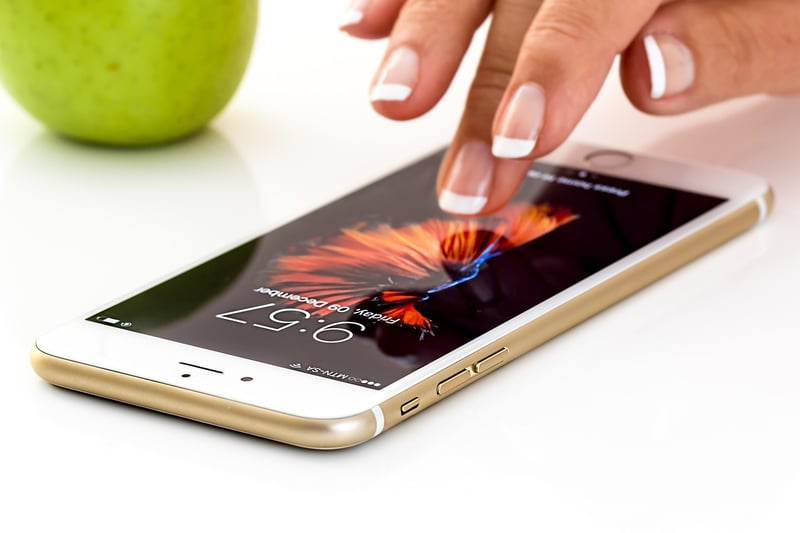Future Exploration
Exploring Time Periods and Future Exploration
Introduction
Time has always been a fascinating concept for humankind. From ancient civilizations to modern societies, the exploration of time periods has been a subject of intrigue and study. Let's delve into different time periods and how we envision future exploration.
Ancient Times
In ancient times, civilizations like the Egyptians, Greeks, and Romans had unique ways of measuring time. The sundial, water clock, and hourglass were some of the early timekeeping devices used by these ancient cultures.

Medieval Period
The medieval period saw advancements in timekeeping with the invention of mechanical clocks. Monasteries and churches often housed these early clocks, which helped in organizing daily routines and prayers.

Industrial Revolution
The Industrial Revolution brought about significant changes in time management. The standardization of time zones and the introduction of railway schedules revolutionized how people synchronized activities across vast distances.

Modern Era
In the modern era, digital clocks, smartphones, and atomic clocks have become ubiquitous in our daily lives. The precision of timekeeping has reached unprecedented levels, shaping how we plan our schedules and interact with the world.

Future Exploration
As we look towards the future, the exploration of time will likely involve cutting-edge technologies like quantum clocks and space-time research. Understanding the fabric of time itself could unlock mysteries of the universe and enable us to navigate through time in ways previously unimaginable.

Conclusion
Exploring time periods from ancient civilizations to the modern era has been a journey of continuous discovery. As we stand at the cusp of future exploration, the concept of time remains a profound enigma waiting to be unraveled by the curious minds of tomorrow.
